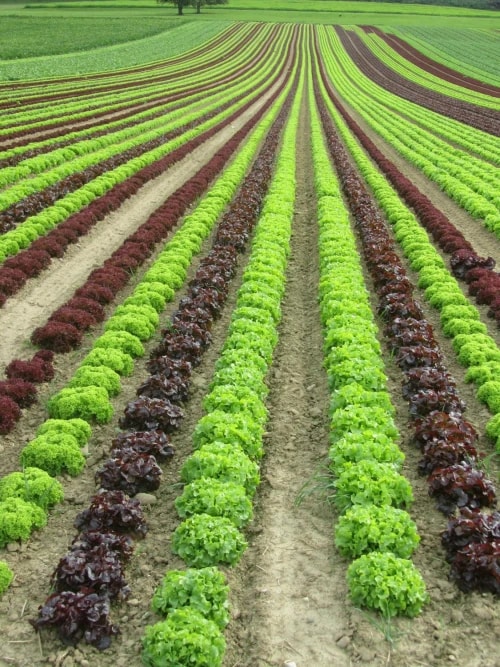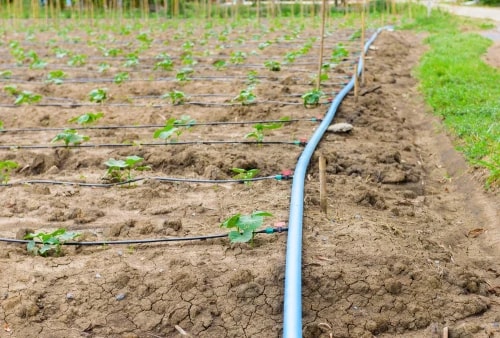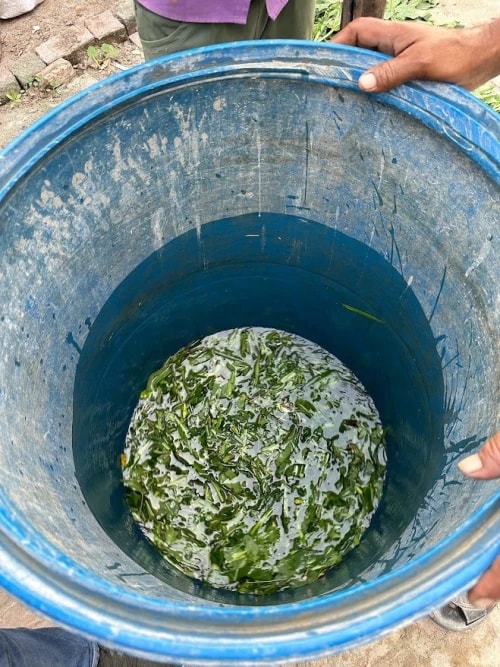Conservation Agriculture
Our conservation agriculture practices focus on minimal soil disturbance, permanent soil cover, and crop rotation and diversity. This approach ensures sustained productivity, increased profits, and food security while preserving and enhancing natural resources.
Livestock Management
We integrate holistic grazing management, diverse livestock systems, and crop production inputs to enhance farm ecosystems. This method ensures animal health and productivity while benefiting the overall farming environment.
Water Conservation
We assist farmers in setting up rainwater harvesting systems, efficient irrigation systems, and water storage facilities. By optimizing water use and reducing soil water evaporation, we ensure sustainable water management on our farms.


.webp?updatedAt=1724370961649)


